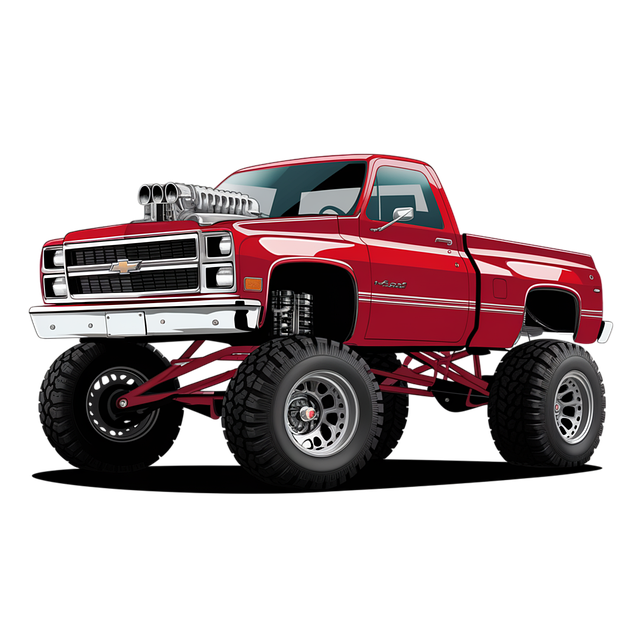TL;DR: Cargo insurance owner-operators must proactively mitigate risks through hazard assessment, implementing strategies like robust security, training, and regular vehicle maintenance. Proactive safety measures, including inspections, driver training, and advanced tech, anticipate and prevent hazards, reducing claims and costs. Regular maintenance identifies and addresses issues in brakes, tires, engines, and cargo securement, enhancing overall operational security and safety. Owner-operators should also follow best practices like staying updated on regulations, carrying adequate insurance, and providing continuous driver training to ensure safe operations and business continuity.
In the dynamic world of cargo transportation, understanding and mitigating risks is paramount for owner-operators aiming to protect their investments and ensure smooth operations. This article delves into essential strategies for risk management, focusing on proactive safety measures and regular maintenance as game-changers in the industry. By exploring these key aspects, owner-operators can navigate challenges effectively, enhance cargo insurance coverage, and mitigate potential losses, fostering a culture of comprehensive risk governance.
Understanding Risks and Their Impact on Cargo Insurance for Owner-Operators

Understanding risks is a cornerstone in mitigating them, especially for owner-operators in the cargo insurance sector. By assessing potential hazards associated with transporting goods, these professionals can tailor their safety measures accordingly. Risks may vary from natural disasters like floods or accidents to human errors and theft. Each poses unique challenges, necessitating specific proactive strategies. For instance, implementing robust security protocols can mitigate theft risks, while proper training and equipment can enhance safety during transit, reducing accident chances.
Regular maintenance plays a pivotal role in risk management. Owner-operators should schedule routine checks on vehicles to ensure they’re in optimal condition. This includes examining brakes, tires, and engines, as well as verifying the integrity of cargo securing systems. Such proactive maintenance not only extends vehicle lifespan but also ensures safer operations, directly impacting the accuracy and reliability of cargo insurance claims.
Proactive Safety Measures: A Game Changer in Risk Mitigation

Proactive safety measures are transforming how cargo insurance owner-operators approach risk mitigation, marking a significant shift from traditional reactive strategies. By embracing a forward-thinking mindset, these measures enable operators to anticipate and prevent potential hazards before they escalate. This game-changing approach involves regular equipment inspections, driver training programs, and the implementation of advanced technology solutions like telematics and real-time tracking systems.
These proactive steps not only enhance overall safety but also offer significant cost savings through reduced claims and lower insurance premiums. For cargo insurance owner-operators, adopting these measures is a strategic decision that reflects a commitment to operational excellence and risk management best practices.
The Role of Regular Maintenance in Enhancing Safety and Reducing Claims

Regular maintenance plays a pivotal role in enhancing safety for cargo insurance owner-operators. By implementing structured maintenance routines, operators can proactively identify and address potential issues before they escalate into hazardous situations. This includes regular checks of vehicle systems such as brakes, tires, lights, and engines to ensure optimal performance and safety. Furthermore, routine inspections of loading gear, cargo securement methods, and overall vehicle condition help prevent accidents related to equipment failure or improper cargo handling.
The benefits extend beyond individual vehicles; regular maintenance contributes to a culture of safety within the operation. Well-maintained equipment reduces the risk of breakdowns, minimizing delays and potential losses covered by cargo insurance. It also ensures that owner-operators are driving safe, reliable vehicles, fostering a sense of responsibility and caution on the road. As a result, regular maintenance acts as a powerful tool to reduce claims and enhance overall operational safety for cargo insurance owner-operators.
Best Practices for Owner-Operators to Ensure Comprehensive Risk Management

Owner-operators play a crucial role in mitigating risks and ensuring safe operations, especially when it comes to managing their fleet and cargo. To implement comprehensive risk management, they should adopt several best practices. Firstly, regular maintenance checks are essential. This includes routine inspections of vehicles, engines, brakes, tires, lighting, and other critical components to identify potential issues before they become safety hazards. Staying on top of maintenance schedules not only extends the lifespan of equipment but also reduces the likelihood of breakdowns or malfunctions during transit.
Additionally, owner-operators should prioritize proactive safety measures. This involves staying informed about industry regulations and updating safety protocols accordingly. Carrying adequate cargo insurance is a vital step to protect against financial losses in case of damage, theft, or liability claims. Regular training sessions for drivers on safety practices, load securing techniques, and emergency handling procedures can also minimize risks associated with human error. By combining these best practices, owner-operators can create a robust risk management strategy that promotes safety and fosters business continuity.
By implementing proactive safety measures and regular maintenance, cargo insurance owner-operators can significantly mitigate risks, enhance safety, and reduce claims. These strategies not only protect valuable cargo but also contribute to a more sustainable and efficient operation. Adopting best practices ensures comprehensive risk management, ultimately strengthening the foundation of any transportation business.
